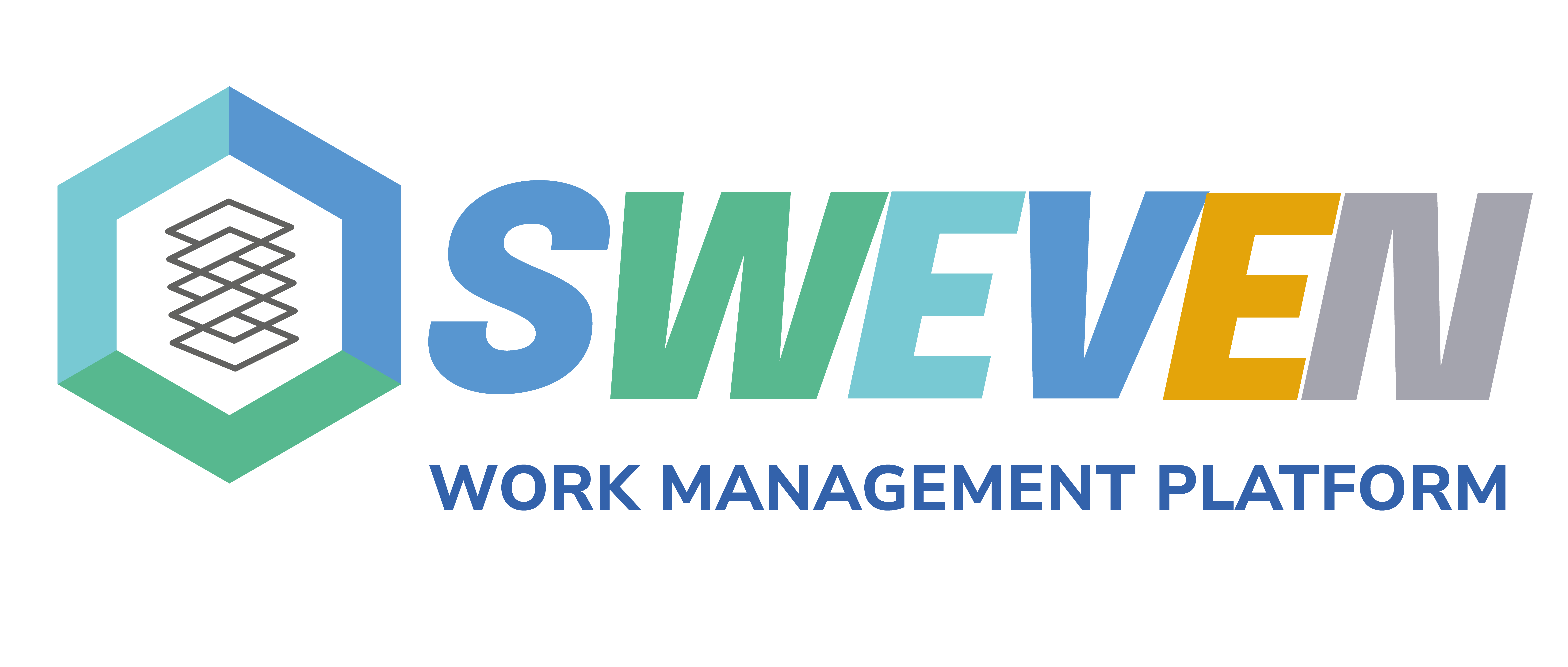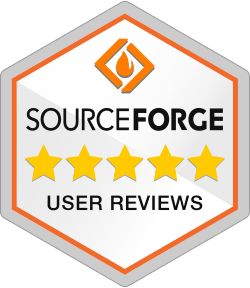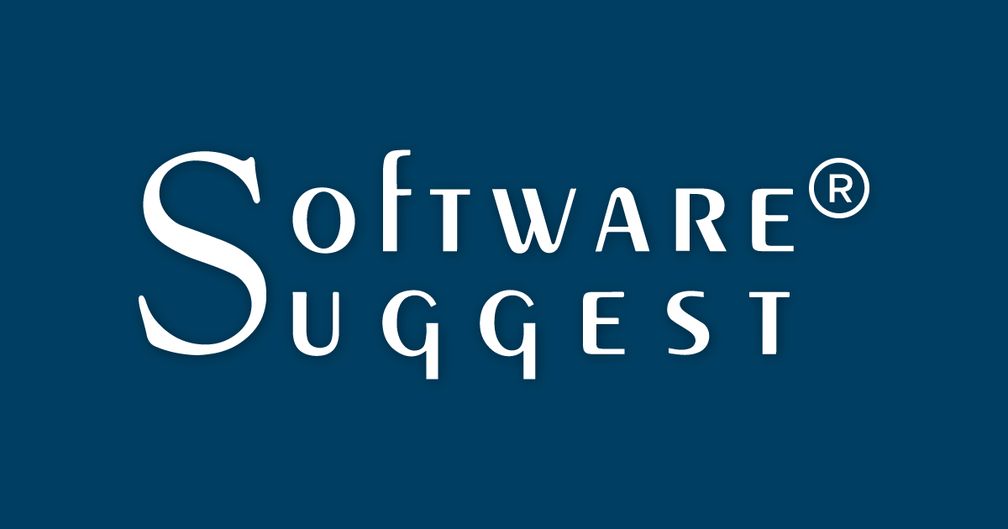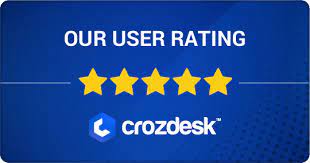As you may already know, vendors play an important role in any organization since they are an integral part of a company’s success, let’s discuss how Vendor Management is essential for business success:

1. Get Top Performances | As soon as a vendor is enrolled in the management system, you can measure its performance and compare it with contract stipulations. Data from that tracking is useful to identify improvement areas and detours in the operation before they become problems.
2. Avoid contract breaches and risks | To reduce risk related to suppliers and the implications of a contract breach, companies need to have full visibility of suppliers’ information, background, qualifications, and certifications. By using a centralized system, it is possible to access this data to have a broader view of risk levels and decide if a vendor is suitable or look for alternatives in the area.
3. Cost control | Let’s be clear, cost control doesn’t mean squeezing vendors to get a better deal. Actually, a vendor management system can let you know all about a vendor’s activities within the company and help you identify redundant processes that can be cut off. This, eventually, can improve profitability and cost reductions.
4. Quick onboarding process | Time is money, and when it takes ages to enroll a new vendor, your productivity sinks and work is far from being completed. With the right system, you can get quick access to information like regulatory details, contracts, availability and bank information for fast approvals. The sooner you have the right vendor enrolled, the better for business, right?
5. Brand reputation and notoriety | Reputation is an intangible asset, but yet, one of the most valuable for companies. It’s a fact that no one wants to be related to unprofessional or unethical vendors. By using centralized information, it’s possible to reduce the risk of getting into business with suppliers who don’t comply with environmental or legal regulations, or even with those whose work doesn’t meet the quality standards of your organization.
























